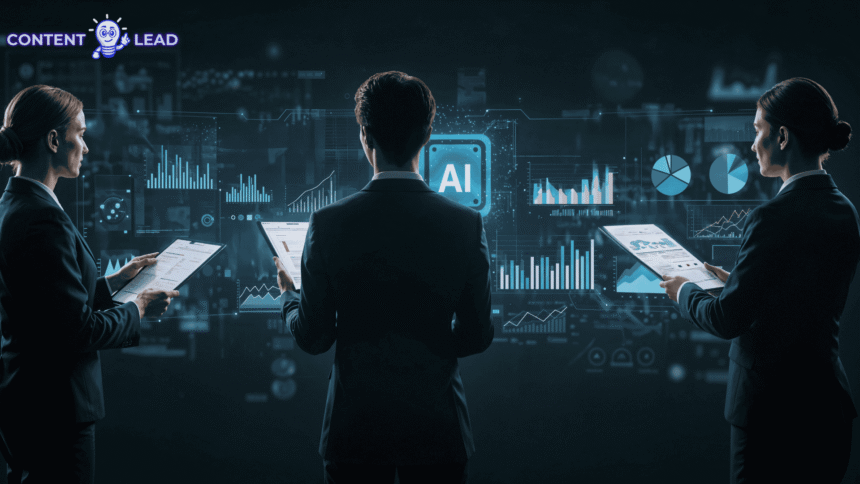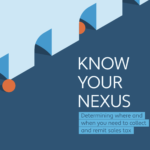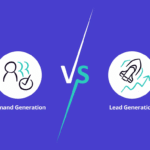In the rapidly evolving landscape of technology, one force stands out for its profound influence: Artificial Intelligence (AI). What began as a futuristic concept has now become an omnipresent driver of change, fundamentally altering the structure of industries, the nature of jobs, and the way we live and work. In 2025, we are witnessing AI disruption not as a gradual wave but as a seismic shift that is forcing companies, employees, and economies to adapt at unprecedented speeds.
This article explores the major shake-ups taking place across industries due to AI, focusing on key trends, real-world impacts, and what the future might hold.
The Acceleration of AI Integration
AI’s integration into business operations is no longer optional; it’s a strategic imperative. Companies that fail to adopt AI tools and automation risk becoming obsolete. From natural language processing in customer support to predictive analytics in supply chains and generative AI in content creation, AI technologies are becoming integral to operational efficiency.
- Advertisement -
According to a recent report by McKinsey & Company, businesses that have embraced AI report up to a 30% increase in productivity. These gains are largely attributed to automation of repetitive tasks, enhanced decision-making capabilities, and improved customer personalization.
Layoffs and Workforce Realignments
With automation and AI taking over tasks previously performed by humans, one of the most visible impacts has been workforce reductions. In July 2025 alone, major tech companies such as TCS, Intel, and Microsoft announced significant layoffs. These reductions are not solely due to economic pressures but are directly tied to the adoption of AI-driven systems that can perform roles traditionally assigned to human employees.
- TCS announced over 10,000 job cuts in backend and support roles.
- Intel is reducing its global workforce by 7% as part of its AI-first restructuring strategy.
- Microsoft is shifting thousands of roles into AI-assisted domains, retraining some employees while letting others go.
While these developments are alarming, they also reflect a transformation in the nature of work. Companies are increasingly seeking talent that can work alongside AI rather than be replaced by it.
The Rise of Agentic AI
- Advertisement -
One of the most transformative developments in AI is the rise of “agentic AI”—systems that can autonomously plan, execute, and refine complex tasks with minimal human intervention. Unlike traditional AI that operates on predefined rules, agentic AI learns from experience, adapts to new situations, and collaborates with other systems.
Amazon Web Services (AWS) has recently unveiled a suite of agentic AI tools aimed at revolutionizing business operations. These tools can manage workflows, generate strategic reports, and even interact with customers across multiple channels in real time. The implication is clear: the role of human managers and analysts may soon be augmented or replaced by intelligent agents capable of working 24/7 without fatigue or error.
AI in Creative Industries
- Advertisement -
Another surprising area of disruption is the creative sector. Tools like ChatGPT, Midjourney, and DALL-E have democratized content creation, enabling individuals and small businesses to generate high-quality marketing copy, images, and even music without traditional agencies or large teams.
As a result, media houses, marketing firms, and design studios are undergoing major structural changes. Rather than hiring large teams of writers and designers, many are opting for leaner models powered by AI tools, with humans focusing more on strategic oversight and quality control.
Impact on Startups and Innovation
AI disruption is also reshaping the startup landscape. While large enterprises use AI to streamline and scale, startups are leveraging it to innovate and outmaneuver bigger players. From healthtech startups using AI for early disease detection to fintech firms building automated trading bots, the barriers to entry are lowering.
However, this trend also comes with risks. As AI becomes more accessible, the competition intensifies. Startups must differentiate not just on product quality but also on ethical AI usage, data transparency, and user trust.
The Ethics and Risks of Rapid AI Adoption
With great power comes great responsibility. The speed at which AI is being deployed raises ethical concerns that cannot be ignored:
- Job displacement is creating economic uncertainty for millions of workers.
- Bias in algorithms continues to be a critical issue, particularly in areas like recruitment, law enforcement, and lending.
- Privacy concerns are mounting as AI systems gather and analyze massive amounts of personal data.
Governments and organizations are starting to take action. The European Union’s AI Act and the U.S. Blueprint for an AI Bill of Rights are examples of regulatory frameworks aimed at guiding responsible AI development.
Reskilling and the New Job Landscape
While AI is eliminating some roles, it is also creating new opportunities. There is a surge in demand for skills in AI development, machine learning engineering, data science, and prompt engineering. Even non-technical roles are evolving; marketers now need to understand AI-generated content, HR professionals must assess algorithmic hiring tools, and customer service agents are working alongside AI chatbots.
Companies like Google and IBM are investing heavily in reskilling programs. IBM’s SkillsBuild initiative has trained over 500,000 people globally in AI-related fields as of 2025. Educational platforms such as Coursera and Udacity are also seeing massive upticks in enrollment for AI and data science courses.
Industry Case Studies
Healthcare
AI is revolutionizing diagnostics, drug discovery, and patient monitoring. Startups are building AI models that can detect diseases like cancer and Alzheimer’s years in advance. Hospitals are using AI-driven robots for surgery assistance and administrative work, improving both efficiency and patient outcomes.
Finance
Banks and fintech companies are using AI for fraud detection, risk management, and personalized financial advising. Chatbots are handling millions of customer queries daily, while predictive algorithms guide investment decisions.
Manufacturing
Factories are implementing AI for predictive maintenance, supply chain optimization, and quality control. These systems reduce downtime and increase output, making manufacturing more agile and cost-effective.
Retail
AI is personalizing the shopping experience both online and in-store. From dynamic pricing algorithms to AI-driven recommendation engines, retailers are optimizing every touchpoint to increase sales and customer loyalty.




